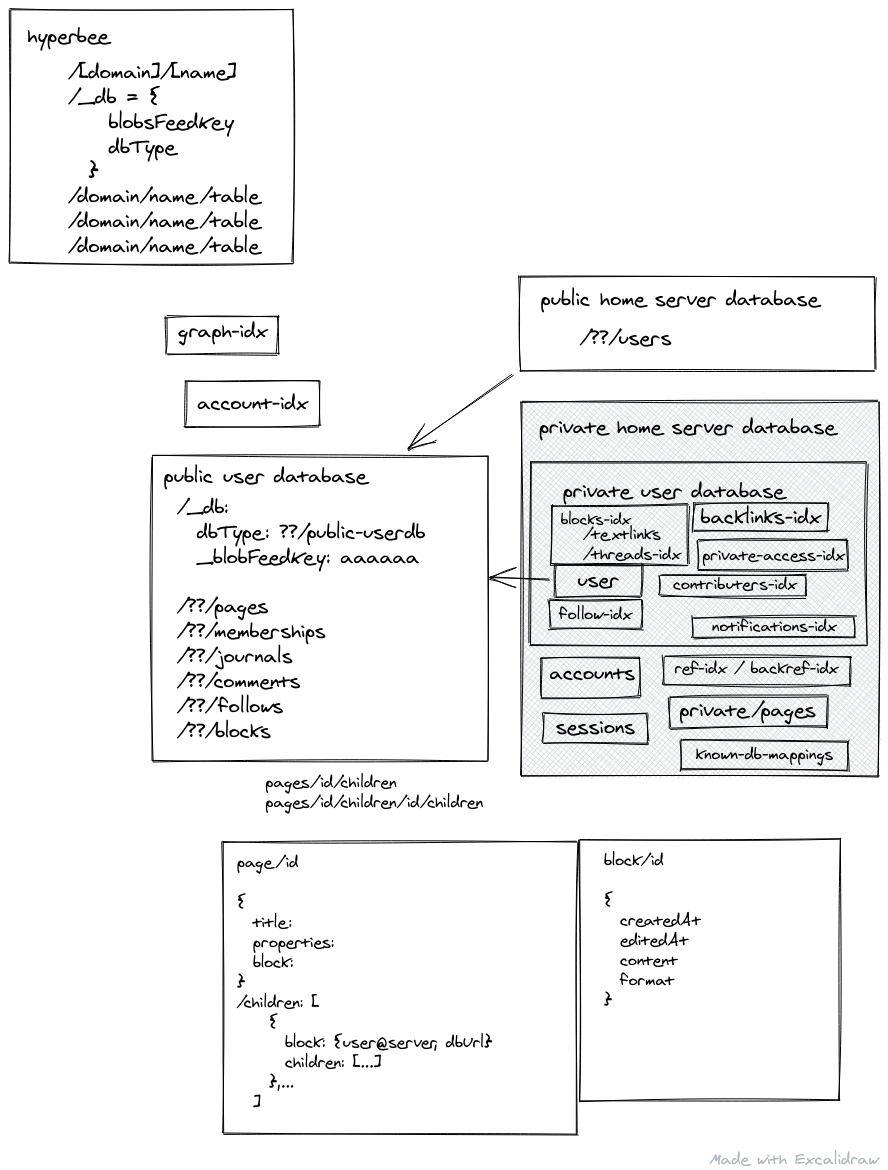Meetup : Love and Sex in Salt Lake City
Discussion article for the meetup : Love and Sex in Salt Lake City WHEN: 16 February 2013 01:00:00PM (-0700) WHERE: 1558 Palo Verde Way QE#12, cottonwood heights, ut 84121 It's February, the arbitrarily themed month of love and sex! Naturally, we're having a themed discussion to reflect this fact. We're also departing from the usual schedule and doing it on a Sunday so we can finally meet the mysterious can't-come-on-saturday crowd! Any snacks you might want to bring would be dully appreciated. Discussion article for the meetup : Love and Sex in Salt Lake City

Wait wait hold on a moment.
This is far from the most important thing to discuss about your post, but I have to say it. Your project's git repo has a list of archived characters, with no explanation for why they were passed over—I'm interested in knowing the reasoning for why they each weren't picked, but my lack of insight there is not why I'm posting now.
I want to talk about how there's one named Tim, who's psychotically convinced he's an AI alignment genius.
Had to put my phone down for a moment to process this level of irony. I don't have to ask why you didn't use that one—I can think of several reasons—but why even make it? How dare you be so funny in a github repo, where I least expected it?